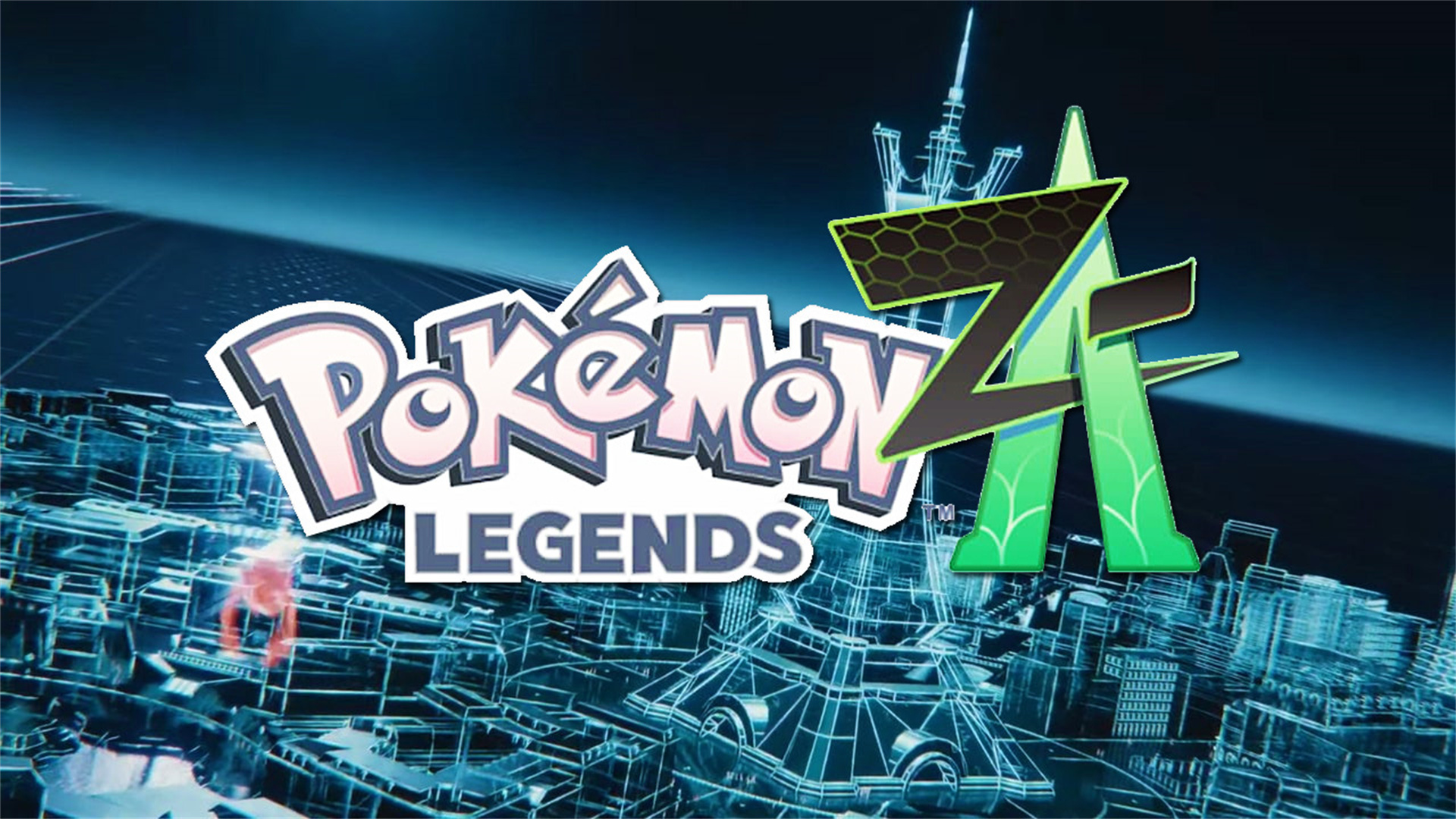Animal Crossing: The Profound Impact of Time and Seasons on the Gaming Experience
Since its release in March 2020, Animal Crossing: New Horizons has stolen the hearts of countless players worldwide. With its adorable visuals and laid-back gameplay, the game invites players to escape to a deserted island, where they can construct, decorate, and cultivate their dream paradise. One of the most pivotal aspects within Animal Crossing: New Horizons is the profound influence of time and seasons on the overall gameplay experience. This article delves into how the game's real-time clock and seasonal variations shape player engagement, community interactions, and the overall gaming journey.
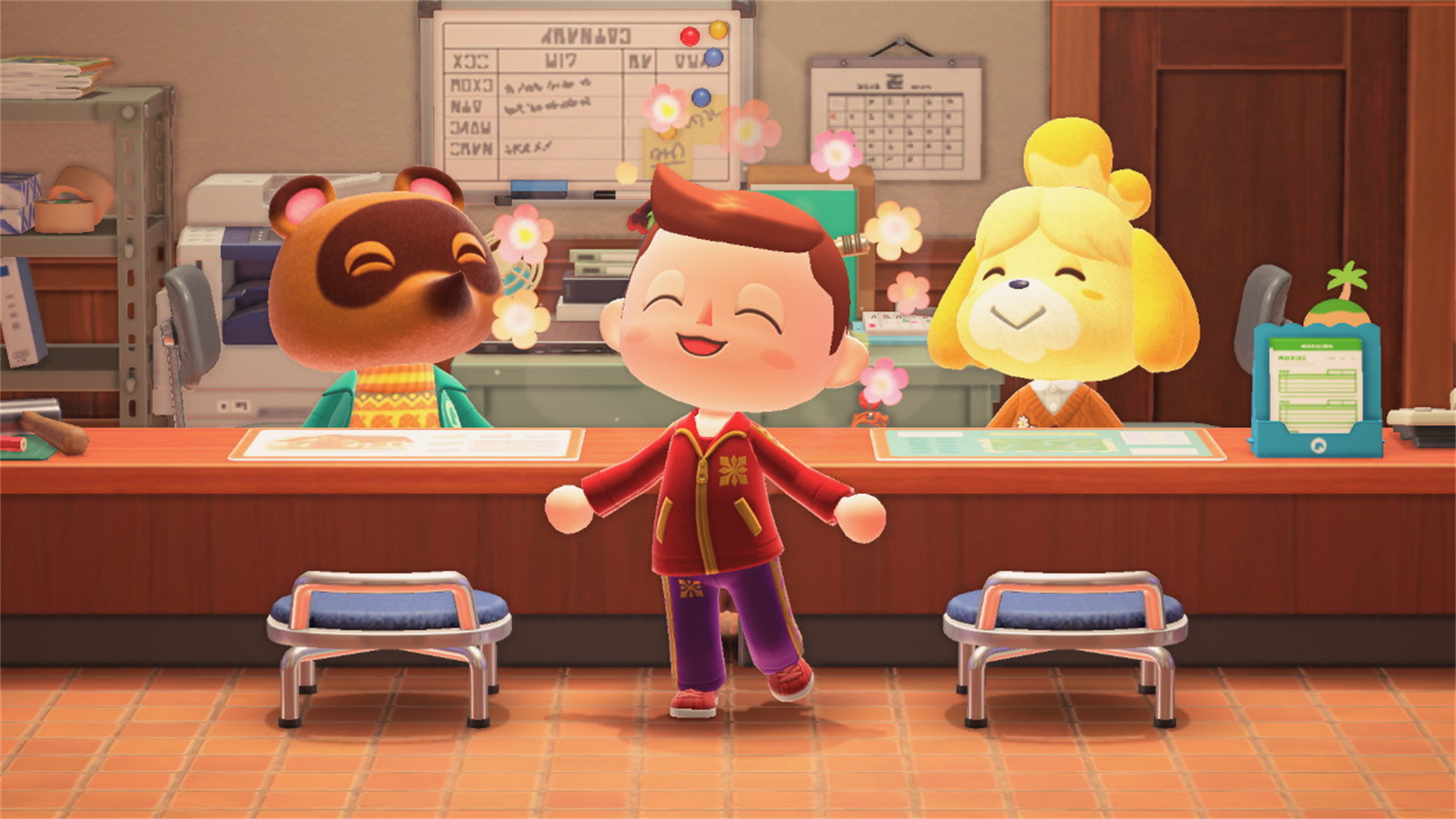
The Real-Time Clock: A Dual-Natured Element
Understanding the In-Game Time System
Animal Crossing: New Horizons operates on a real-time clock, meaning that the in-game time and seasons mirror those of the real world. This design choice creates an unparalleled sense of immersion, as players experience the passage of time in a way that closely reflects their daily lives. However, it also brings about challenges, as players are required to adapt their gameplay to the constraints imposed by the in-game clock.
The clock governs numerous aspects of the game, including the availability of certain events, villagers' daily routines, and seasonal items. For instance, specific fish and bugs are only accessible during particular months, making effective time management crucial for players aiming to complete their collections. This mechanic encourages regular engagement with the game, but it can also lead to frustration for those with limited playtime.
The Appeal of Real-Time Gameplay
The real-time clock injects an element of realism and urgency into Animal Crossing: New Horizons. Players eagerly anticipate seasonal events, holidays, and the arrival of new items, creating a palpable sense of excitement and engagement. This mechanic fosters a deep connection between players and their in-game world, as they wait for specific moments to unfold.
The allure of real-time gameplay is further amplified by the game's seasonal changes. Each season introduces new activities, events, and aesthetics, compelling players to adapt their strategies and explore the ever-evolving landscape of their islands. This cyclical nature of gameplay keeps the experience fresh and engaging, as players look forward to new content.
Recently, with the latest update, the game has introduced more real-time elements tied to special limited-time in-game events. For example, there are now exclusive daily challenges that are only available during specific real-world time slots, adding an extra layer of excitement and urgency for players to log in and participate.
Seasonal Changes: Enriching the Gameplay Experience
The Transition Between Seasons
Animal Crossing: New Horizons features four distinct seasons: spring, summer, autumn, and winter. Each season lasts approximately one month, during which players can experience unique events, changes in weather, and new flora and fauna. The transition between seasons is meticulously designed to create a sense of progression and anticipation.
As the seasons change, players witness the transformation of their islands. Trees blossom in spring, flowers bloom in summer, leaves change color in autumn, and snow blankets the ground in winter. This visual evolution enhances the game's aesthetic appeal and encourages players to explore their islands regularly to appreciate the seasonal changes.
Seasonal Events and Activities
Each season is marked by a variety of events and activities that enrich the gameplay experience. For example, spring brings Cherry Blossom Season, where players can collect cherry blossom petals to craft unique items. Summer introduces Fireworks Shows, allowing players to enjoy festive displays and participate in mini-games. Autumn features Harvest Festivals, while winter brings Toy Day and festive decorations.
In the latest update, new seasonal events have been added. During the summer, there's now a Beach Bash event where players can compete in various water-based games like surfing races and sandcastle-building contests. In winter, the Ice Sculpture Festival has been introduced, where players can showcase their ice-carving skills and win special prizes. These seasonal events foster a sense of community among players, as they participate in shared experiences and celebrate the changing seasons together. The anticipation of these events encourages players to return to the game regularly, creating a rhythm of engagement that enhances the overall experience.
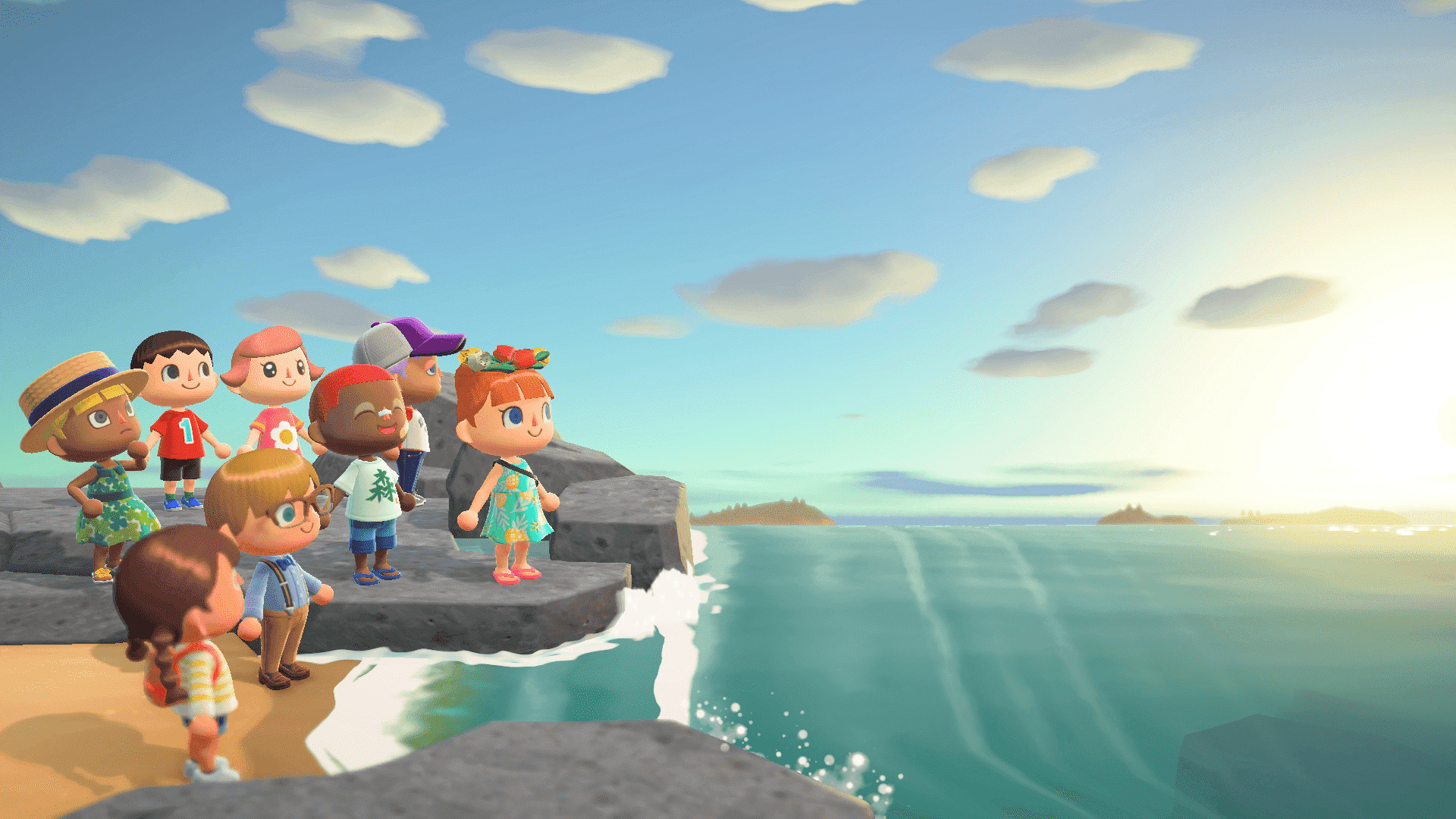
The Role of Time Management
Balancing Daily Activities
In Animal Crossing: New Horizons, players must manage their time effectively to maximize their gameplay experience. Each day presents a limited window of time for completing tasks, such as gathering resources, interacting with villagers, and participating in events. This time management aspect adds a layer of strategy to the game, as players must prioritize their activities based on available time.
Players often create daily routines to ensure they complete essential tasks while also engaging with seasonal events. For instance, a player might dedicate the morning to fishing and bug catching, while reserving the evening for visiting friends or engaging in seasonal festivities. This structure fosters a sense of accomplishment and progression, as players work towards their goals.
The Impact of Limited Time Events
Limited-time events can create a sense of urgency, encouraging players to engage with the game regularly. For example, seasonal events often introduce exclusive items and activities that are only available for a short period. Players must seize these opportunities to collect unique items or participate in special activities, leading to a heightened sense of engagement.
However, this time constraint can also lead to stress for players who may not have the opportunity to play every day. The fear of missing out (FOMO) can create pressure, especially for completionists who strive to collect every item or achieve specific goals. This dynamic raises questions about the balance between player enjoyment and the need for accessibility in gameplay.
With the recent update, the developers have made some adjustments to limited-time events. They've introduced a "catch-up" mechanism where players who miss an event can access a condensed version of it later, with reduced rewards but still the chance to participate in the core activities. This helps alleviate some of the FOMO and makes the game more accessible.
Community Engagement and Social Interaction
The Role of Villagers
Villagers play a central role in the Animal Crossing experience, providing interactions and social dynamics that enhance player engagement. Each villager has a distinct personality, hobbies, and preferences, creating opportunities for meaningful interactions. Players can build relationships with their villagers, receiving gifts, participating in events, and engaging in conversations that evolve over time.
The time-based nature of the game influences these interactions, as villagers have specific schedules and routines. Players must visit their islands regularly to engage with their villagers, fostering a sense of connection and community. This social aspect of gameplay enriches the experience, as players become invested in the lives of their villagers.
Multiplayer Interactions
Animal Crossing: New Horizons also offers multiplayer functionality, allowing players to visit each other's islands and engage in cooperative activities. This feature enhances community engagement, as players can share resources, trade items, and participate in events together.
The multiplayer aspect introduces a social dimension to the game, as players form friendships and collaborate on projects. The ability to visit friends' islands encourages creativity and inspiration, as players can draw ideas from each other's designs and gameplay styles. This social interaction further enhances the sense of community within the game.
In the latest update, new multiplayer features have been rolled out. There's now a "Group Challenge" mode where players can team up to complete tasks like building a large-scale structure or catching a certain number of rare creatures within a set time limit. This adds a new layer of cooperation and competition to the multiplayer experience.
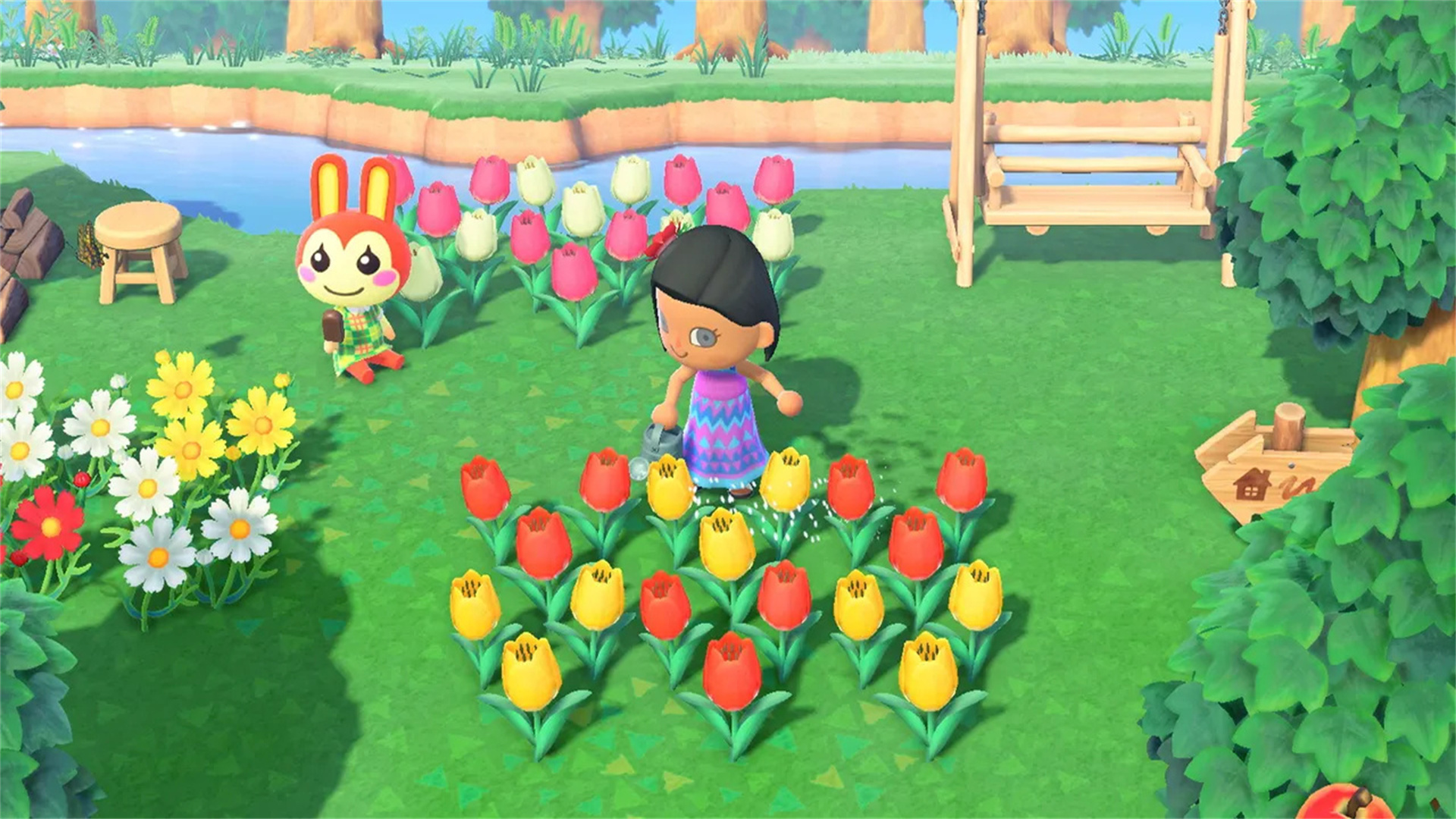
The Emotional Connection to Time and Seasons
Nostalgia and Reflection
The passage of time and the changing seasons in Animal Crossing: New Horizons evoke feelings of nostalgia and reflection. Many players associate the game's seasonal changes with personal memories or experiences, creating a strong emotional connection to the game. For example, the arrival of winter may remind players of holidays spent with family, while spring may evoke feelings of renewal and growth.
This emotional resonance enhances the overall gameplay experience, as players find joy in the cyclical nature of the game. The ability to create and nurture their islands becomes a form of self-expression, allowing players to reflect their personalities and values in a digital space.
The Comfort of Routine
For many players, the daily routines established in Animal Crossing: New Horizons provide a sense of comfort and stability. The structured gameplay encourages players to engage in familiar activities, creating a soothing experience amidst the chaos of daily life. This routine becomes a source of joy, as players look forward to completing tasks, interacting with villagers, and participating in seasonal events.
The game's emphasis on relaxation and creativity fosters a sense of well-being, making it a beloved escape for players. This emotional connection to the gameplay experience highlights the importance of time and seasons in creating a meaningful and enjoyable environment.
The Challenges of Time-Based Gameplay
Accessibility Concerns
While the real-time clock and seasonal changes enhance the gameplay experience for many players, they also raise concerns about accessibility. Players with limited playtime may miss out on seasonal events or exclusive items, leading to feelings of frustration or inadequacy. This dynamic can create barriers for players who wish to engage fully with the game but cannot commit to a regular schedule.
As mentioned earlier, the recent update has introduced measures to help mitigate accessibility concerns. In addition to the "catch-up" mechanism for limited-time events, certain seasonal items may also be made available for purchase or trade through a new in-game marketplace, allowing players to acquire them even if they miss the event. These measures aim to create a more inclusive experience for all players.
Balancing Time Constraints with Enjoyment
The pressure of time constraints can also impact players' enjoyment of the game. While some players thrive under the challenge of completing tasks within a limited timeframe, others may find it stressful. The fear of missing out can lead to burnout, especially for completionists who feel compelled to engage with every aspect of the game.
Finding a balance between the enjoyment of gameplay and the constraints of time is essential for ensuring player satisfaction. Developers must consider how to create a rewarding experience without overwhelming players with the pressure of time-based mechanics.
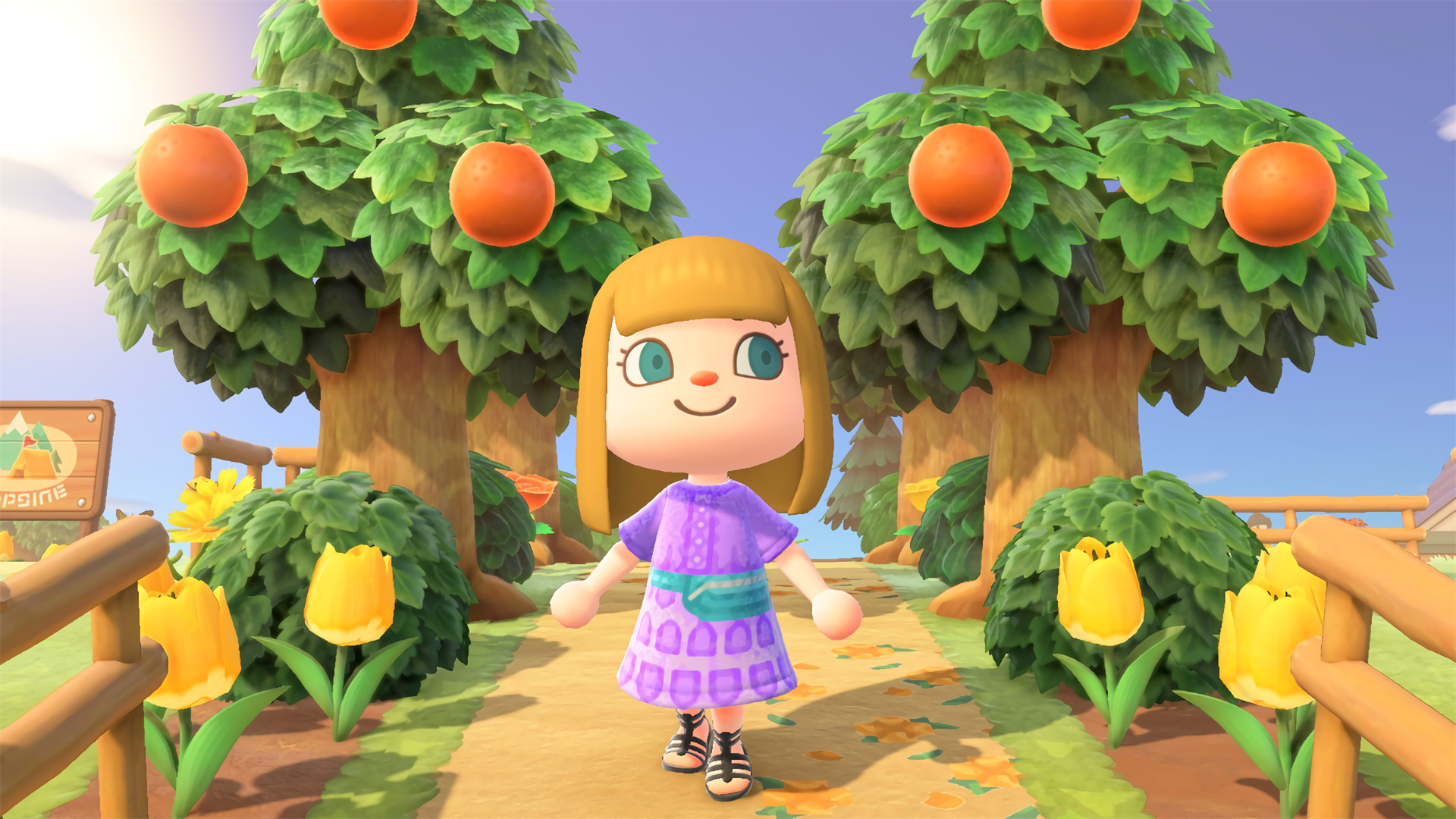
The Future of Time and Seasons in Animal Crossing
Anticipating New Features
As Animal Crossing: New Horizons continues to evolve, players can anticipate new features and enhancements that will further enrich the gameplay experience. The introduction of new seasonal events, activities, and items can keep the game feeling fresh and engaging.
Future updates may also explore innovative ways to integrate time and seasons into gameplay. For instance, the game could introduce new mechanics that allow players to manipulate time or experience unique events tied to specific dates. This potential for innovation ensures that players remain engaged and excited about what lies ahead.
Community-Driven Evolution
The future of Animal Crossing: New Horizons will depend on the continued engagement of the community. Players' feedback and involvement will be crucial in shaping the direction of updates and new content.
The developers have a history of listening to player input, and this engagement will be essential for ensuring that future developments align with the desires and expectations of the player base. By fostering a strong relationship with the community, developers can create experiences that resonate with players and enhance the overall enjoyment of the game.
Conclusion
Animal Crossing: New Horizons masterfully integrates the mechanics of time and seasons into its gameplay, creating a rich and immersive experience for players. The interplay between real-time gameplay, seasonal changes, and community engagement fosters a sense of connection and nostalgia that resonates deeply with players. With the recent update bringing new elements and features, the game continues to evolve and captivate its audience, promising an even more exciting future for all Animal Crossing enthusiasts.





